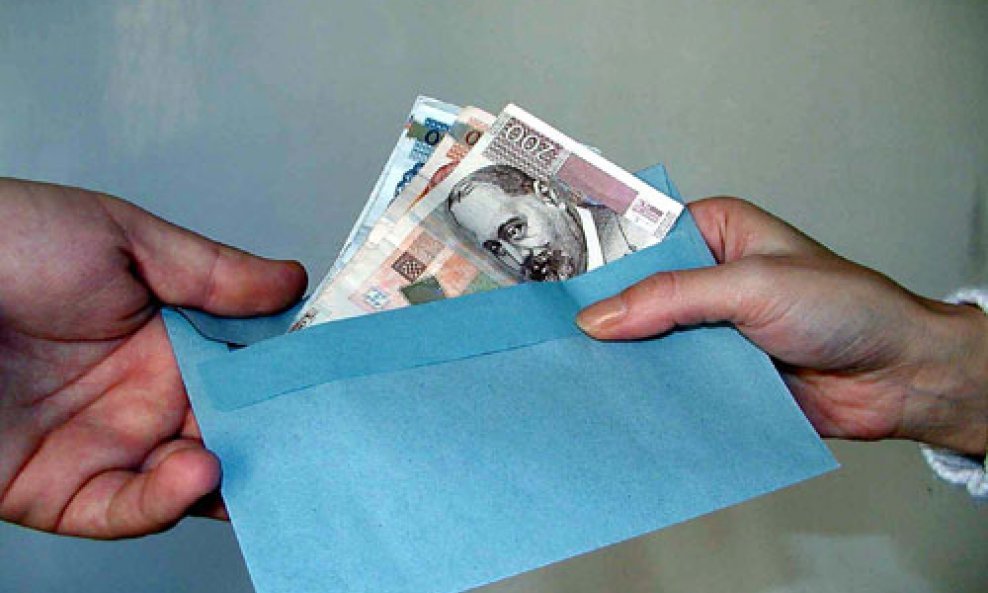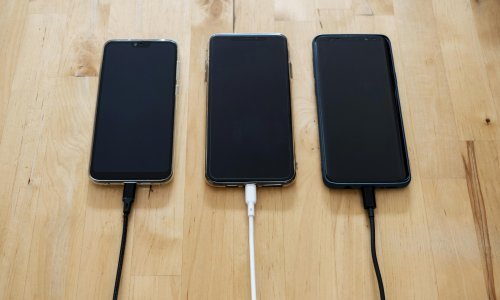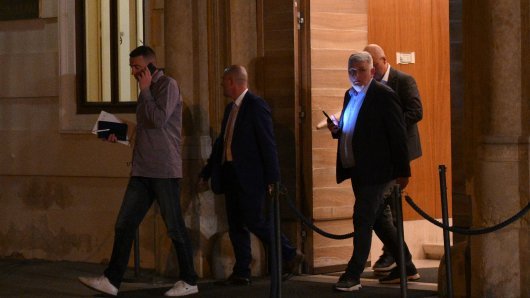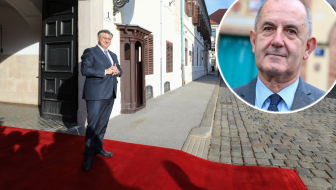The number of Croatians who believe that nothing can be done to fight corruption has decreased drastically in relation to 2007, shows a survey commissioned by the Justice Ministry and presented at a session of the National Council monitoring the implementation of the anti-corruption strategy on Wednesday.
The survey, conducted by the Hendal agency, shows that in 2007, 17 percent of citizens believed that nothing could be done to fight corruption, while in 2010 that figure dropped to 5 percent.
There is still a high degree of mistrust in politicians and as many as 88 percent of citizens believe politicians benefit the most from corruption. Politicians are followed by organised crime with 76 percent, said Davor Dubravica of the Justice Ministry.
The public perception of corruption, according to the survey and assessments presented at today's session, has been on the rise also as regards local departments in charge of construction (27.1 percent), which is a drastic increase in relation to 2007 when only six percent of respondents had the feeling that they were expected to give bribes in the construction sector.
An interesting finding of the survey is one speaking of a drastic fall in the perception of corruption in the health sector from 50 percent in 2007 to 22 percent in 2010, which particularly pleased Health Minister and Deputy PM Darko Milinovic.
Milinovic said that "we have politicised the fight against corruption to the extent that it is turning into an anti-entrepreneurial climate."
Speaking of the findings of a survey conducted by the Zagreb Faculty of Law regarding changes in the public perception of corruption among civil servants, Dusko Sekulic of the Faculty of Law said that in 2004, 22 percent of respondents believed that all civil servants were involved in corruption, while in 2010 as many as 44 percent of respondents had that opinion.
The biggest "confidence winners" in 2010 were the press, television and the judiciary. In 2004, only 23 percent of citizens believed the press, as against 43 percent in 2010.
Sekulic said that in 2004, 21 percent of citizens had no trust in the parliament whatsoever, and their number rose to 35 percent in 2010.
As for trust in institutions in 2010, Sekulic said the biggest loser was the Church, which in 2004 ranked first, and in 2010 ended up third, after the military and the police.
The latest findings show that 53 percent of citizens trust the Church, as against 67 percent in 2004, said Sekulic.
Council member Zeljko Horvatic said he doubted that trust in the Church was declining.
"Insisting that the Church is a loser is non-academic," said Horvatic.
Another interesting finding shows that Social Democratic Party (SDP) voters in 2004 had more trust in the EU than voters of the Croatian Democratic Union (HDZ). In 2010, trust in the EU among SDP voters was the same as in 2004, but HDZ voters outperformed SDP supporters.
Speaking of the findings of the 2010 Global Corruption Barometer covering 86 countries, Nikola Kristic of Transparency International Croatia said that respondents in all 86 countries believed that corruption was on the rise and that political parties were the most corrupt elements of society.
Speaking of Croatia, Kristic said that as many as 56 percent of citizens consider the government's efforts to fight corruption unsuccessful.
Council member Ingrid Anticevic Marinovic said political corruption was the mother of all corruption, warning about an increase in the perception of corruption in local self-government units as well.


































